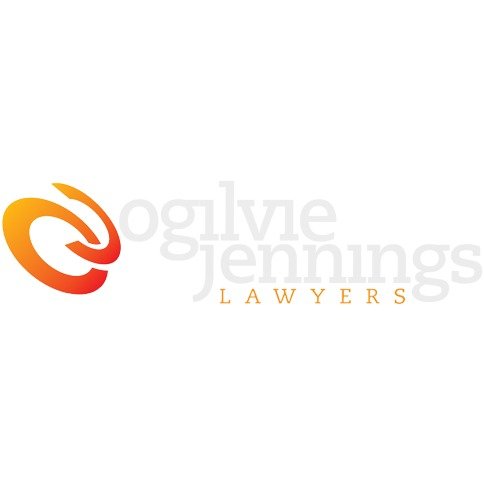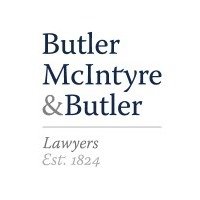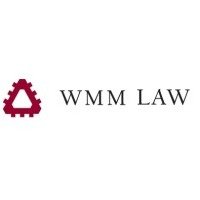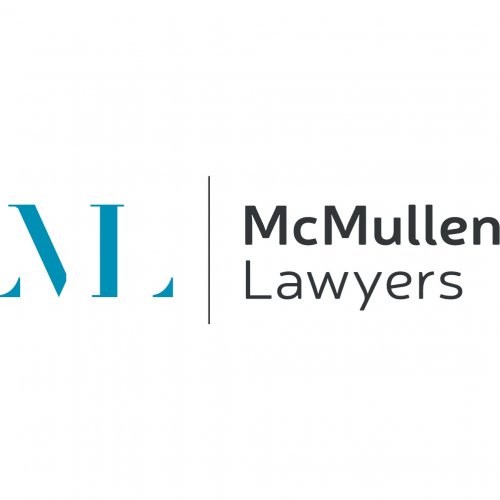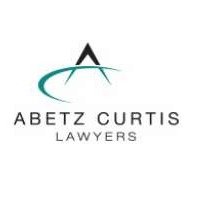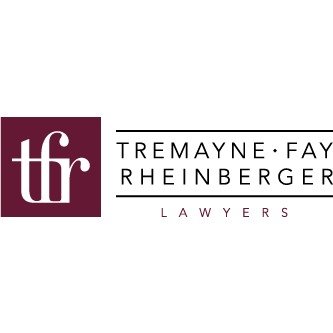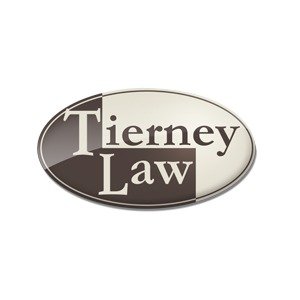Best Trusts Lawyers in Hobart
Share your needs with us, get contacted by law firms.
Free. Takes 2 min.
List of the best lawyers in Hobart, Australia
About Trusts Law in Hobart, Australia
Trusts are a fundamental component of estate planning and asset management in Hobart, Australia. They allow individuals to manage and distribute their assets according to specific instructions. A trust involves three parties: the settlor, who establishes the trust and places assets into it; the trustee, who manages the assets; and the beneficiaries, who receive the benefits of the trust. In Hobart, trusts are governed by a combination of federal law and state legislation, particularly the Trustee Act 1898 (Tas). Trusts can be established for a variety of purposes, including family trust structures, charitable purposes, and commercial arrangements.
Why You May Need a Lawyer
Legal expertise is often required in trust-related matters to ensure compliance with complex legal frameworks. Common situations where legal help may be necessary include: deciding the most appropriate type of trust, drafting trust deeds, managing disputes between trustees and beneficiaries, ensuring the trust complies with taxation laws, and altering or terminating an existing trust. Lawyers provide valuable guidance and representation in these complex processes, ensuring that the trust operates effectively and lawfully.
Local Laws Overview
Trusts in Hobart are subject to both federal and state laws. The Trustee Act 1898 (Tas) is the principal legislation, setting out the duties and powers of trustees, guidelines for managing trust property, and rules for resolving disputes. Moreover, trust law intersects with taxation law, requiring adherence to federal tax obligations, including the Income Tax Assessment Act 1936 (Cth) for income distribution from trusts. Understanding the legal landscape, including any recent amendments and common law interpretations, is vital for establishing and managing trusts effectively.
Frequently Asked Questions
What is the role of a trustee?
The trustee is responsible for managing the trust's assets according to the trust deed and in the best interests of the beneficiaries. This includes handling investments, distributing income, and ensuring compliance with legal obligations.
Can trusts be changed after they are created?
Yes, trusts can be altered, but changes often require court approval or consent from all beneficiaries, depending on the trust's terms and legal provisions.
What are the tax implications of creating a trust in Hobart?
Trusts must comply with federal taxation laws, which may include income tax liabilities on distributed income. Consulting with a tax professional or lawyer is advisable to understand specific liabilities.
Can a trust be used to avoid creditors?
While a trust can provide asset protection, intentionally using it to evade creditors may not be legally effective or allowed. Legal advice should be sought for legitimate asset protection strategies.
What types of trusts are most common in Hobart?
The most common types include family trusts, unit trusts, charitable trusts, and testamentary trusts, each serving different purposes and needs.
How long can a trust last?
The duration of a trust can vary. Some trusts end upon the occurrence of a specific event or after a set number of years, while others may be perpetual, subject to the rule against perpetuities.
What is a testamentary trust?
A testamentary trust is established under a will and comes into effect upon the death of the will-maker, often used to manage assets for beneficiaries such as minors.
Are beneficiaries entitled to information about the trust?
Generally, beneficiaries have the right to be informed about the trust and its administration, although the level of detail may vary based on the trust deed and legal considerations.
Can a trustee also be a beneficiary?
Yes, a trustee can be a beneficiary, but they must carefully manage potential conflicts of interest to fulfill their fiduciary duties.
What happens if a trustee breaches their duties?
If a trustee breaches their duties, they can be held personally liable for losses incurred by the trust and may face legal actions initiated by beneficiaries.
Additional Resources
If you are seeking further information on trusts in Hobart, consider consulting these resources: Legal Aid Tasmania for free legal advice, the Tasmanian Law Handbook for general legal information, and the Australian Taxation Office for tax-specific guidance on trusts. Additionally, consider reaching out to professional organizations like the Law Society of Tasmania.
Next Steps
If you require legal assistance with trusts, consider reaching out to a qualified local lawyer specializing in trusts and estate planning. It's important to gather all relevant information regarding your specific situation and prepare any questions you may have prior to consultation. Legal directories, professional referrals, and initial consultations can all serve as useful starting points in finding the right legal expertise to meet your needs.
Lawzana helps you find the best lawyers and law firms in Hobart through a curated and pre-screened list of qualified legal professionals. Our platform offers rankings and detailed profiles of attorneys and law firms, allowing you to compare based on practice areas, including Trusts, experience, and client feedback.
Each profile includes a description of the firm's areas of practice, client reviews, team members and partners, year of establishment, spoken languages, office locations, contact information, social media presence, and any published articles or resources. Most firms on our platform speak English and are experienced in both local and international legal matters.
Get a quote from top-rated law firms in Hobart, Australia — quickly, securely, and without unnecessary hassle.
Disclaimer:
The information provided on this page is for general informational purposes only and does not constitute legal advice. While we strive to ensure the accuracy and relevance of the content, legal information may change over time, and interpretations of the law can vary. You should always consult with a qualified legal professional for advice specific to your situation.
We disclaim all liability for actions taken or not taken based on the content of this page. If you believe any information is incorrect or outdated, please contact us, and we will review and update it where appropriate.



